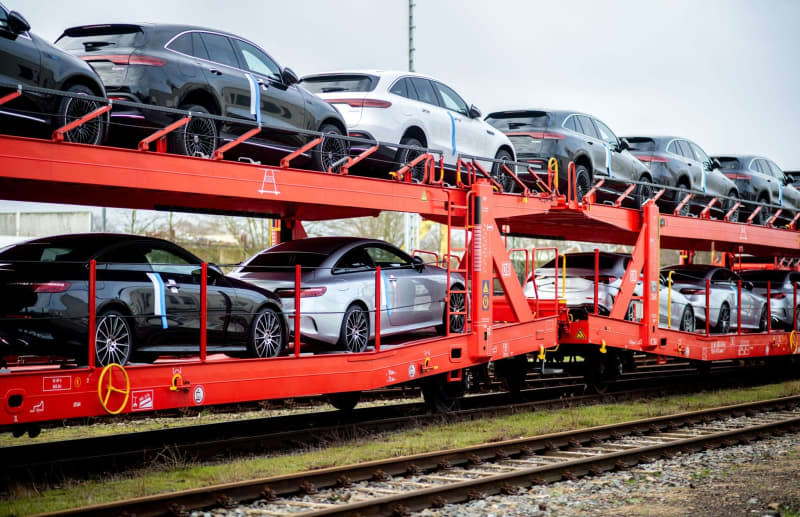
Sales of new cars in Germany declined sharply in August compared to the same month last year, largely as a result of weak demand for electric vehicles, figures released by the Federal Motor Transport Authority (KBA) showed on Wednesday.
Overall registrations of new vehicles declined by 27.8%, with electric car licensing down by a staggering 69%, caused partly by a statistical effect. Diesel licensing was down 24.4% and petrol-powered cars were down 7.4%.
“The collapse in the German new car market is not yet a sign of a negative trend, but can be attributed primarily to special effects from the previous year,” Constantin Gall of consultants EY said.
Nevertheless the new car market remained tight, he added.
EY noted that sales of electric cars had been boosted in August 2023 ahead of the expiry of state subsidies for companies on September 1 that year.
According to the KBA, 13.7% of licensed new vehicles in August 2024 were electric, a figure seen by EY as the “new normal,” compared to 18.6% in the period January-August last year.
Over the year to date, almost 590,000 fewer new cars were sold in Germany than in the same period in 2019, the year before the pandemic struck.
Gall saw various reasons for the lack of demand, including a slow German economy and poor investment sentiment among consumers and businesses. Geopolitical tensions and war were also depressing sentiment, he said.





